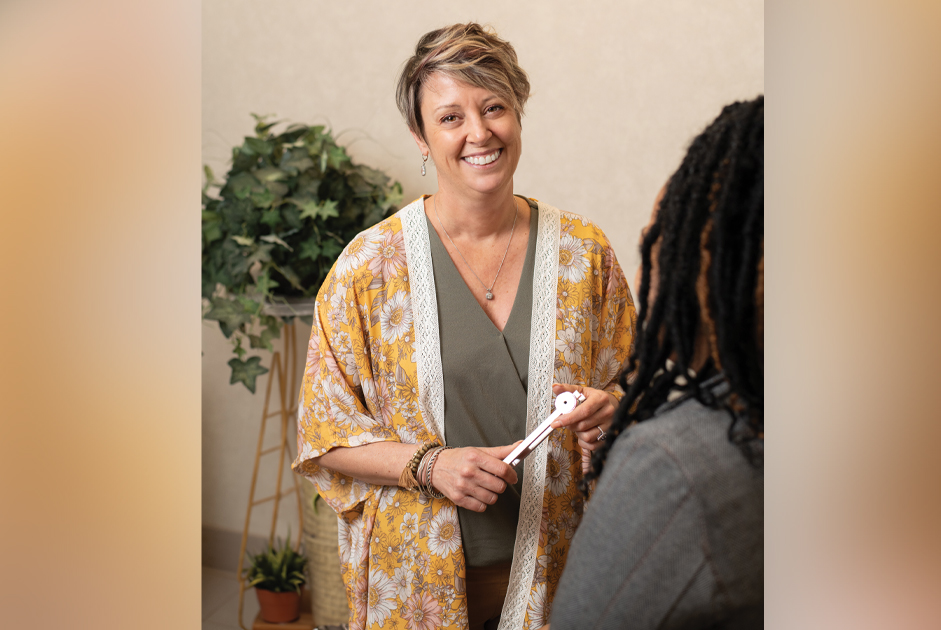I work with a lot of anxious people.
Being a public speaking and interpersonal communication coach, many people come to see me when they are struggling in some way to express themselves.
Over the past two years, I’ve noticed a huge uptick in people who know what they want to say but are unable to “perform” in impromptu situations. This usually ends with large silences, and then a lot of self-irritation and plenty of “woulda, coulda, shouldas.” While we’re working on improving that impromptu communication, we work on developing “pocket statements” for folks to use instead of falling into awkward silence.
Pocket statements are exactly that – phrases you keep in your “back pocket,” ready to use whenever you need them. I’m a big proponent of using them when you feel that anxiety creeping on in or need a little time to gather your thoughts – or move along in a conversation. Let’s walk through brainstorming, customizing, and using these gems of sentences.
Where do you need it?
Work on a list of places that you need a little more time, get a bit stressed, or seem to trip over words. Many people find these are when people are asking you questions or when you’re answering something in greater detail. Exhaust the list. Some common places for the folks I work with: at work meetings, in presentations for the question and answer, when someone comes with an impromptu question to your desk, during moments when you have an overly complex or wordy answer, when you aren’t 100% sure of the answer but have a good guess, when you know you are a perfectionist and like to make sure everything is “correct” before you answer. This isn’t an exhaustive list by any means; take some time to brainstorm when you feel a bit tongue-tied or anxious and use this list as a jumping-off point!
Create some phrases
This part is fun – when you have a list of situations, start to think about phrases that essentially give you more time, center your thoughts or allow the other person to rephrase the question. Let’s take a situation from the list above: an overly complex answer. Say someone asks you something that leads to a lot of explanation from you – and it might be a long or complex answer that will lead to you not being as concise as you’d like. A phrase might be: This is a complex answer, so I will do my best. Please ask any questions if it’s confusing.
And that’s the first phase of the pocket statement! When you’re creating a few, make sure to check them for conciseness as well as effectiveness. With the above statement you are 1) stating it’s confusing and 2) giving them time to ask questions or stop you.
Customize
That above statement might be great for some people, but for me, it’s wordy when I say it out loud. Here’s where the customization comes in. For every phrase you create, be sure to say it out loud and see how it feels and sounds – if it’s too much, or not your usual vocabulary, or just doesn’t sound right, here is your time to make it yours. Change the wording, use different terms, really make it work for you as an individual. Also, remember that few people write how they talk, so be sure to test it by saying it out loud to yourself to make sure it has the feel you want it to have.
Try it!
Now put it to the test in the real world – try it and see what happens. If it works, great! If it needs editing, edit! If you think of something better, make it better! It’s about making these work for you and building up your toolkit. A statement that works for me won’t necessarily work for you, and vice versa. Work on making things that are uniquely yours!






















